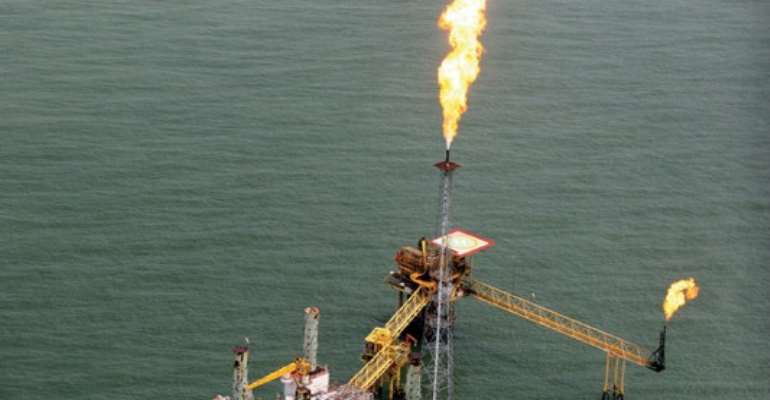Abidjan Convention To Hold Last Experts’ Meeting On Offshore Oil, Gas Exploration Standards

ABIDJAN 23 May 2015 - Marine specialists of the Abidjan Convention meet in Malabo, Equatorial Guinea, 26-29 May to amend a draft protocol on environmental standards for offshore oil and gas exploration and exploitationin West, Central and Southern Africa.
The meeting will be the third and last by regional experts drawing up the draft, after which it will be sent to each Convention signatory for national consultations. After consultations are complete, the draft protocol will be tabled for adoption before ministers of the environment at the Abidjan Convention’s next Conference of Parties due in 2017.If adopted, itwould bring to three thetotal number of protocols of the Convention. Others are under preparation.
The protocol on environmental standards for offshore oil and gas exploration is timely in view of the recent surge in offshore exploration and drilling in the Convention area. Some of the oilfields are in ultra-deep areas. The Convention area already boasts African oil-producing majors Nigeria, Angola, Equatorial Guinea and the Republic of Congo. Ghana started producing oil in 2013; discoveries offshore have been made at the marine border of Côte d’Ivoire and Ghana, and in Liberia, Sierra Leone, Senegal and other areas. Such activity increases the risk of oil spills and the corresponding damage that would cause to marine and coastal habitats, and people. It is to avert this possibility - orto limit damage and undertake clean-up when they occur- that the standards are being established.
Oil drilling has caused hundreds of millions of dollars of damage to the environment in Nigeria’s Niger Delta. The United Nations Environment Programme’s Ogoniland Oil Assessment report says it would take an initial USD1 billion to cover the first five years of a clean-up effort. Oil spills and vandalism of transmission pipelines in the area has killed fishing, damaged mangroves and left many Delta communities further impoverished.
Realizing the potential damage that can be caused in view of the wider search for offshore oil and gas in the Convention region, parties to the Convention decided at their biennial meeting in 2010 on a cooperation protocol on oil and gas pollution in case of emergency. In addition, a regional emergency plan in case of pollution incidents was adopted. In 2014, the Regional Coordination Centre for Marine Pollution Emergency of the Abidjan Convention was set up with an operational headquarters in the south-eastern Nigerian city of Port Harcourt.
For more information contact: Mr. AbouBamba, Regional Coordinator, Abidjan Convention/UNEP. Tel: +225 027 1878, Email: [email protected]
Note to Editors:
The Convention for the Cooperation in the Protection, Management and Development of the Marine and Coastal Environment of the Atlantic Coast of West and Central and Southern African Region (Abidjan Convention) is one of the African regional Seas conventions administered by UNEP.
